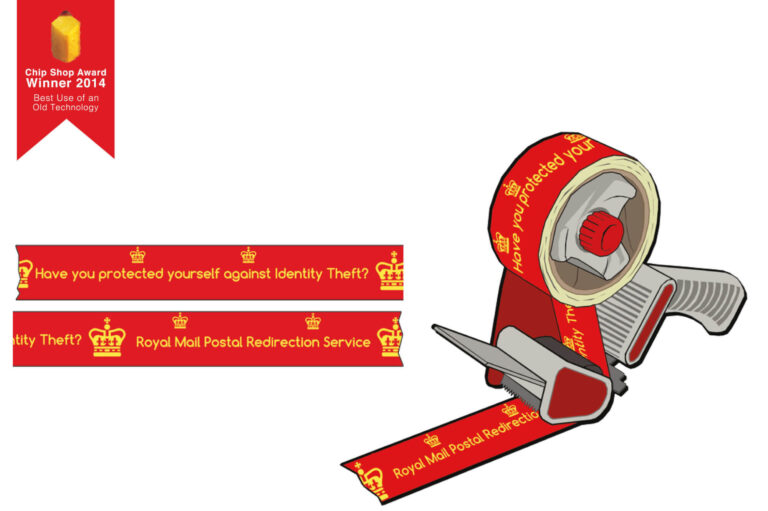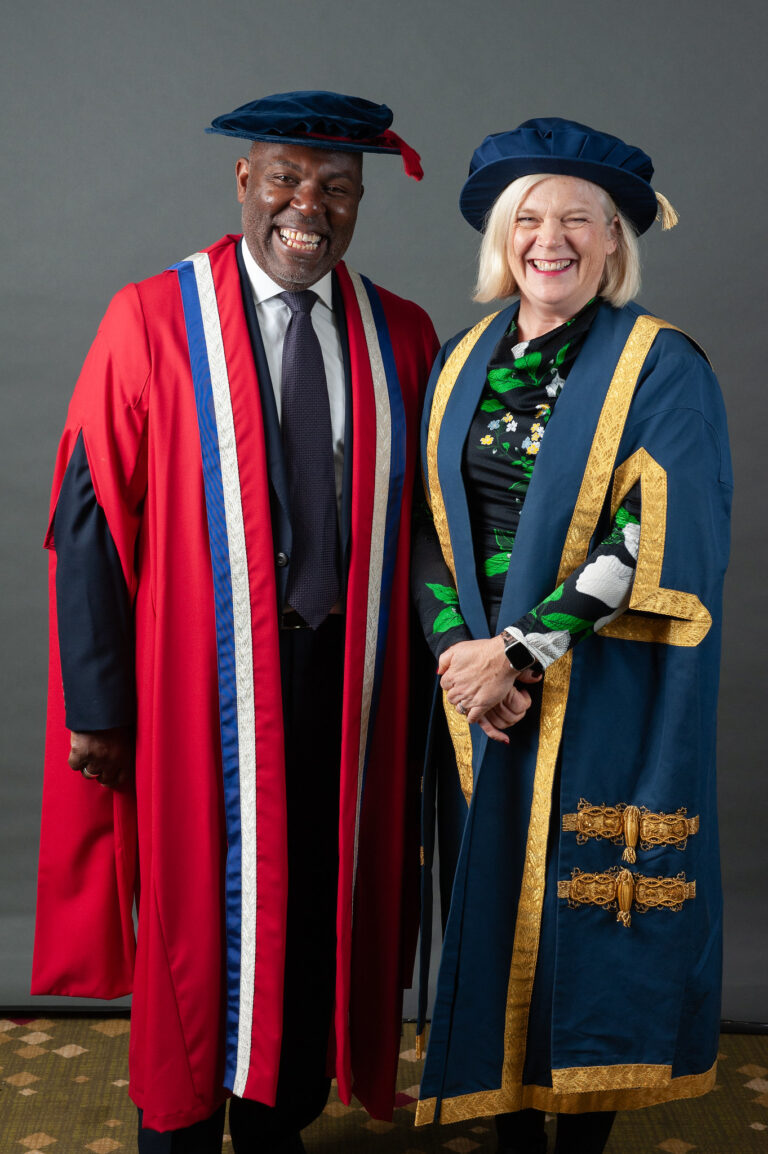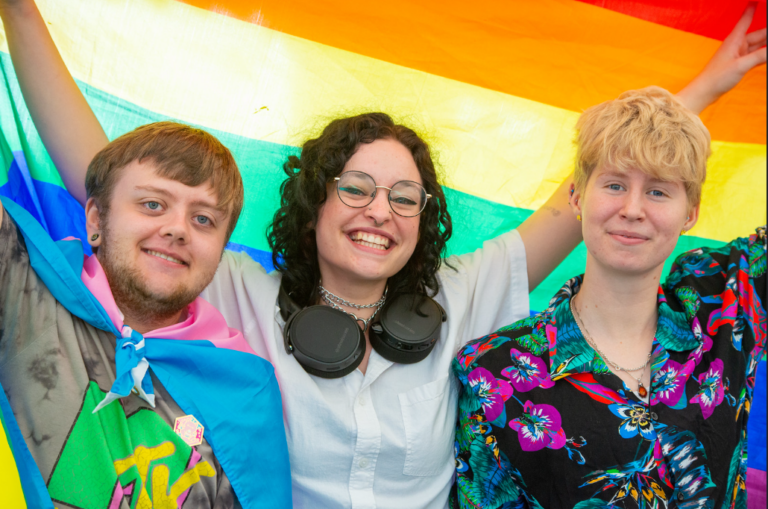| Equity & Diversity
THIS IS WHY I RESIST… Too!

This Thursday, 25th March, in celebration of Women’s History Month, we are delighted to have Dr Shola Mos-Shogbamimu talking about her new book ‘THIS IS WHY I RESIST”, hosted by our very own Anne Dawson – Head of the School of Media. This blog has been inspired by Dr Shola’s new book and if you have not read it yet, you may want to. This is what resonated with me most.
Can I Be Me? In this chapter, Dr Shola starts by saying “as a black woman my life is a protest” and I, as a mixed woman of Caribbean heritage, I say this too. I say this with a knowing that for some, I will not be seen as black and for others I will. Being mixed I am in the middle but that does not mean I have endured any less discrimination, in fact, my friends who are black have categorically said they have not experienced the amount of overt racism that I have. Being an 80’s child and growing up in an all-white family of Irish decent, I was not accepted by some family members and would be treated differently. I never got the experience of being a child and not knowing I was different, I always knew, and from childhood up until recently, I have carried a shame of believing there is something wrong with me.
As I write this now, I do not carry that shame. Why? Because last year during the first lockdown I had a “surprise”… surprise almost feels too small of a word to use, perhaps more of a shocking life changing event is more appropriate. But this was the start of me becoming me!
I never met my dad, I only ever knew his name and last year, a 3rd cousin living in America contacted me via Ancestry.com following a test I did 6 years ago, inquiring about my family to add to the family tree. I responded, as I had on several other occasions to cousins. I couldn’t be of help, but this time she responded she may be able to help me. Knowing I only ever knew his name I wasn’t convinced she would be able to do much, given Caribbean families are huge. To my surprise within 24hrs she had come back to me having spoken to a cousin here, in the UK, saying she had found him! It has been quite the journey since.
Can I Be Me? Up until meeting my dad on the 12th September 2020 I had no idea what he looked like, This not knowing wasn’t something I was able to get away from for over 30 odd years. I was always reminded by not having anyone in my family who resembled me. Because I have grown up and my skin tone has gotten lighter, my hair has gone from being a frizzy little afro, to tight curls to now more of a wavy bed head kind of style, I appear to confuse people. “Where are you from?”, Birmingham! I reply, “no no, where are you really from? You look…Spanish, Brazilian, Arab, South American, Amer-Indian” etc. interestingly, never black. To my black friends or black people, they wouldn’t question that because it’s just not something we ask each-other when we first meet. So, for me, I’ve felt for so long my identity was given to me. I’ve been told who I am throughout my lifetime and who I shouldn’t be and that’s black… and I unfortunately believed that.
So why is it so important that we look at someone and must give them an identity? We all do it, even if it is asking someone what they do for a living, yet we rarely consider the consequences to those on the receiving end of such questions. Why is owning our identity such a battle? My dad says to me “stop with this mixed heritage nonsense, you’re black and if I get put on a ship, you’re coming with me”. The reality is, due to colonialism, we are all mixed heritage. So please, do not define my blackness because I am no longer prescribing to it and perhaps, think before you ask that question again.
If you haven’t booked your ticket to Dr Shola’s event, book now here.
If you feel inspired to write for our blog, please email [email protected]



